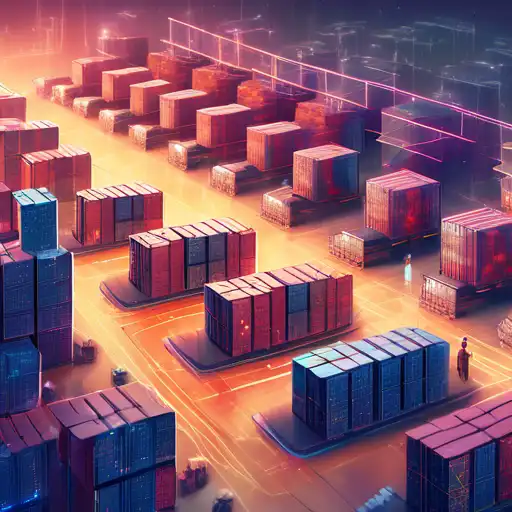The Transformative Impact of Blockchain on Supply Chain Management
In recent years, blockchain technology has emerged as a groundbreaking innovation with the potential to revolutionize various industries, including supply chain management. By offering unparalleled transparency, security, and efficiency, blockchain is setting new standards for how goods are tracked and transactions are recorded across global supply chains.
Understanding Blockchain in Supply Chains
At its core, blockchain is a distributed ledger technology that allows data to be stored across a network of computers. This means that every transaction or movement of goods can be recorded in a way that is immutable and transparent to all parties involved. For supply chains, this translates into a significant reduction in fraud, errors, and delays.
Key Benefits of Blockchain for Supply Chains
- Enhanced Transparency: Every participant in the supply chain can access the same information, reducing misunderstandings and disputes.
- Improved Security: Blockchain's cryptographic algorithms ensure that data cannot be altered or hacked, providing a secure environment for sensitive information.
- Increased Efficiency: By automating processes through smart contracts, blockchain reduces the need for manual paperwork and speeds up transactions.
- Better Traceability: From raw materials to finished products, every item can be tracked in real-time, ensuring authenticity and compliance.
Real-World Applications
Several industries are already leveraging blockchain to enhance their supply chain operations. For example, the food industry uses blockchain to track the journey of products from farm to table, ensuring food safety and reducing waste. Similarly, the pharmaceutical industry employs blockchain to combat counterfeit drugs by verifying the authenticity of medications throughout the supply chain.
Challenges and Considerations
Despite its potential, the adoption of blockchain in supply chains is not without challenges. Issues such as scalability, interoperability, and regulatory compliance must be addressed to fully realize the benefits of this technology. However, with ongoing advancements and increasing collaboration among stakeholders, these hurdles are gradually being overcome.
Looking Ahead
As blockchain technology continues to evolve, its impact on supply chain management is expected to grow exponentially. Companies that embrace this innovation early will gain a competitive edge by improving operational efficiency, building trust with consumers, and fostering sustainable practices. The future of supply chains is undeniably intertwined with the advancements in blockchain technology.
For more insights into how technology is transforming industries, explore our articles on digital transformation and innovation in business.
